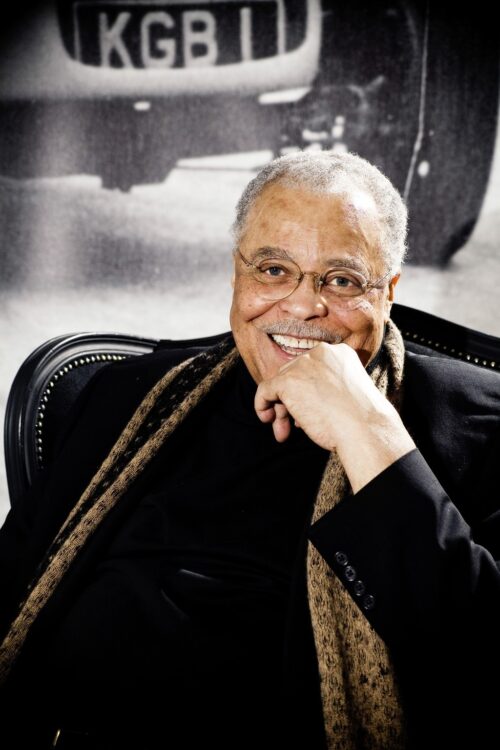‘Master of our craft:’ James Earl Jones’ influence went far beyond voiceovers
Share
Explore Our Galleries
Breaking News!
Today's news and culture by Black and other reporters in the Black and mainstream media.
Ways to Support ABHM?

By Char Adams, NBC
When New York’s Cort Theatre was renamed after James Earl Jones in 2022, Samuel L. Jackson said, “If you are an actor or you aspired to be an actor or you pounded the pavement in these streets looking for jobs and doing things — one of the standards that we always had was to be a James Earl Jones.”
Jones was the “standard” for actors. He died Monday at age 93.
[…]
Jones is best known for voicing the iconic characters Darth Vader and Mufasa, and for his roles in movies like “Coming to America.” Initially a stage actor, he began his film career with “Dr. Strangelove” in 1964 and most recently reprised his role as King Joffer in “Coming 2 America,” the 2021 sequel. Although he wasn’t a leading movie star in his early years, like Sidney Poitier or Harry Belafonte, Jones had a lengthy acting career that served as a touchstone for later generations.
[…]
Jones is an EGOT performer, with two Emmys, two Tonys, an honorary Academy Award and a Grammy. He commanded the stage in productions like “Othello,” “Fences” and “The Great White Hope,” and the screen in movies like the 1974 dramedy “Claudine,” “Conan the Barbarian” in 1982, and many others. He boasts dozens of television credits, including “Roots,” L.A. Law,” “Gabriel’s Fire,” and “The Simpsons.”
Jones was known for his booming, baritone voice, but the actors he influenced always knew he was much more than that. Wendell Pierce wrote in a post on X that “James Earl Jones is the sole reason I became an actor.”









Comments Are Welcome
Note: We moderate submissions in order to create a space for meaningful dialogue, a space where museum visitors – adults and youth –– can exchange informed, thoughtful, and relevant comments that add value to our exhibits.
Racial slurs, personal attacks, obscenity, profanity, and SHOUTING do not meet the above standard. Such comments are posted in the exhibit Hateful Speech. Commercial promotions, impersonations, and incoherent comments likewise fail to meet our goals, so will not be posted. Submissions longer than 120 words will be shortened.
See our full Comments Policy here.